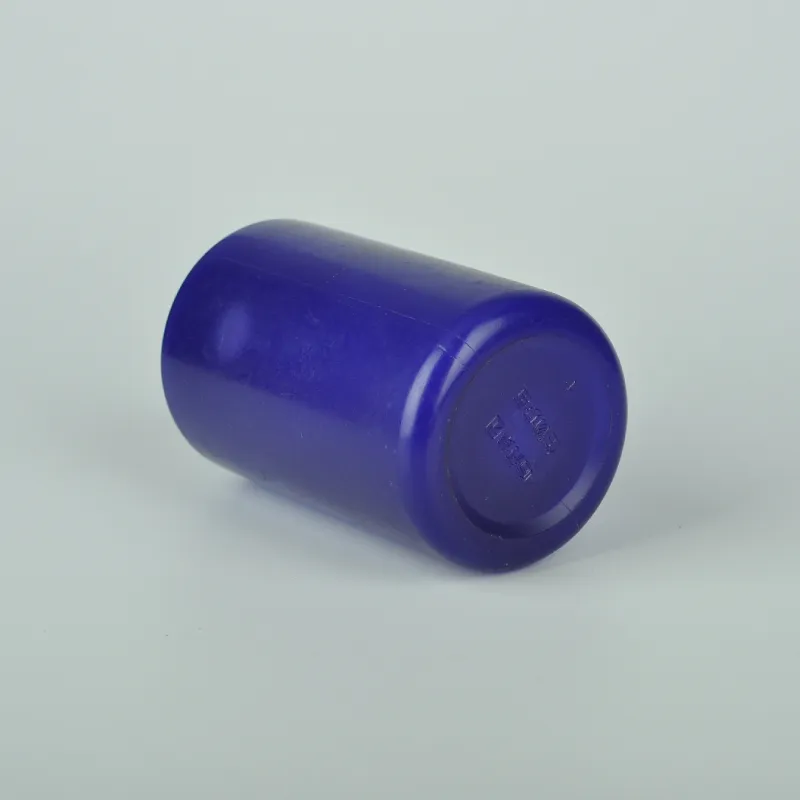Choosing the Right Reagent Bottle and Dropper for Your Laboratory Needs
The Essential Role of Reagent Bottles and Droppers in Laboratories
In the realm of scientific research and experimentation, precision and accuracy are paramount. Central to achieving these goals are two fundamental tools reagent bottles and droppers. These seemingly simple apparatuses play a crucial role in handling and dispensing chemicals, making them indispensable in laboratories across various fields, including chemistry, biology, and environmental science.
Understanding Reagent Bottles
Reagent bottles are containers designed specifically for holding and storing chemical substances. They come in a variety of sizes, typically ranging from small vials to larger containers capable of holding several liters of liquid. Made from materials such as glass or high-density polyethylene (HDPE), reagent bottles are engineered to withstand the corrosive nature of many chemicals. Glass bottles are particularly favored for storing volatile and sensitive chemicals due to their inert properties and barrier against moisture and gases.
The design of reagent bottles often includes features that facilitate safe and easy handling. For instance, many bottles come with a wide mouth for easy filling, a screw cap or stopper to prevent spillage and contamination, and a label area for clear identification of contents. Labels are crucial for safety, enabling lab personnel to quickly and easily identify potentially hazardous substances and their properties.
The Importance of Droppers
Droppers, or pipettes, are essential for the accurate dispensing of liquids from reagent bottles. These instruments allow scientists to measure and transfer small volumes of liquid with precision, often down to the microliter. The most common types of droppers include glass droppers, plastic droppers, and pipettes that use a rubber bulb for suction.
The primary advantage of using droppers is their ability to deliver precise amounts of a reagent, which is critical in experiments where concentration, reaction time, and chemical interactions depend on exact measurements. A mere drop too little or too much can result in a failed experiment or unsafe conditions.
reagent bottle and dropper

Moreover, droppers help in minimizing waste of expensive reagents and prevent contamination by allowing controlled transfer of liquids. By ensuring that only the necessary amount is dispensed, researchers can maintain the integrity of samples and avoid the pitfalls of unintentional bias in their results.
Synthesis of Functionality
The interaction between reagent bottles and droppers embodies the essence of laboratory work. When researchers prepare experiments, they rely on the functionality of these tools to create specific chemical environments. For example, in a titration process, a reagent bottle might hold a solution of known concentration, while a dropper is used to incrementally add the solution to a sample until a desired reaction endpoint is achieved. This synergy of tools exemplifies the meticulous nature of scientific inquiry.
Safety Considerations
While reagent bottles and droppers are vital to laboratory operations, safety precautions must be taken when using them. Chemicals stored in reagent bottles often pose hazards ranging from toxicity to flammability. Therefore, it is essential to maintain proper labeling and to store bottles in secure cabinets when not in use.
Additionally, using droppers involves ensuring that they are clean and appropriate for the substances being measured. Cross-contamination can lead to erroneous results, so it is recommended that disposable droppers are used for different chemicals, or that droppers are thoroughly cleaned between uses.
Conclusion
In conclusion, the significance of reagent bottles and droppers in laboratories cannot be overstated. These tools not only enhance the accuracy and reliability of scientific experiments but also promote safety and efficiency. As science continues to evolve, the design and functionality of reagent bottles and droppers will likely advance, but their fundamental roles in the pursuit of knowledge will remain unchanged. For aspiring scientists and seasoned researchers alike, mastering the use of these instruments is an essential step towards successful experimentation and discovery.
-
Aesthetic Makeup Spray Bottles | Fine Mist Empty RefillableNewsAug.19,2025
-
White Plastic Veterinary Vaccine Vials | Lab Liquid BottlesNewsAug.18,2025
-
Plastic Medicine Liquid Bottle: Secure Flip Top Drug VialsNewsAug.17,2025
-
Durable 250ml Blue Plastic Vaccine Vial for Lab & Vet UseNewsAug.16,2025
-
Sterile Virus Sample Tubes: Secure & Reliable Specimen CollectionNewsAug.15,2025
-
White 250ml Plastic Vaccine Vial for Lab & Vet MedicineNewsAug.14,2025
























